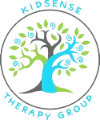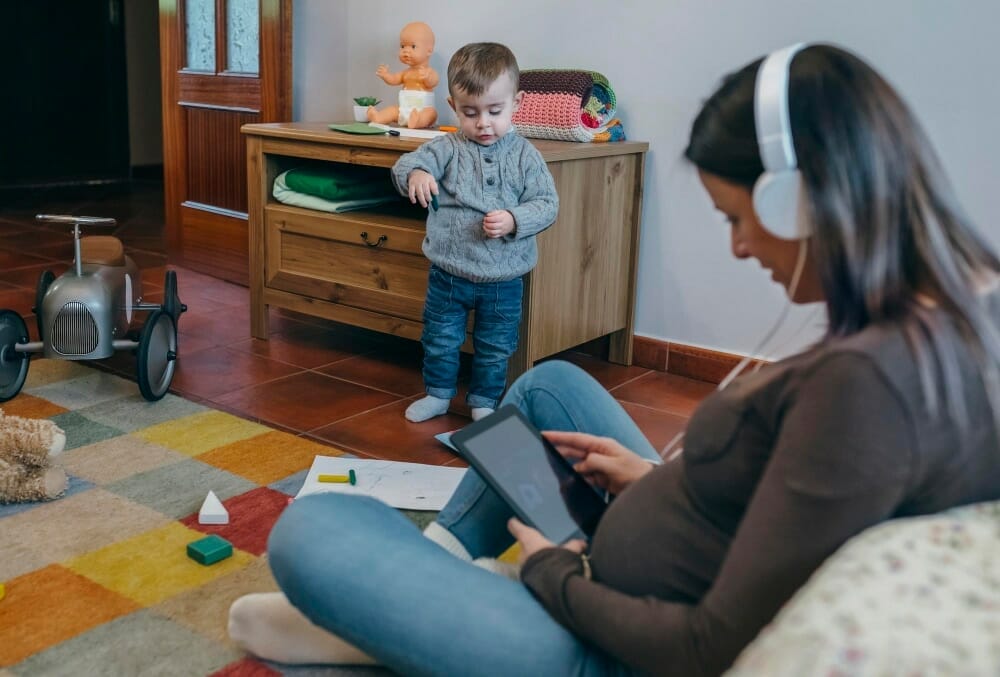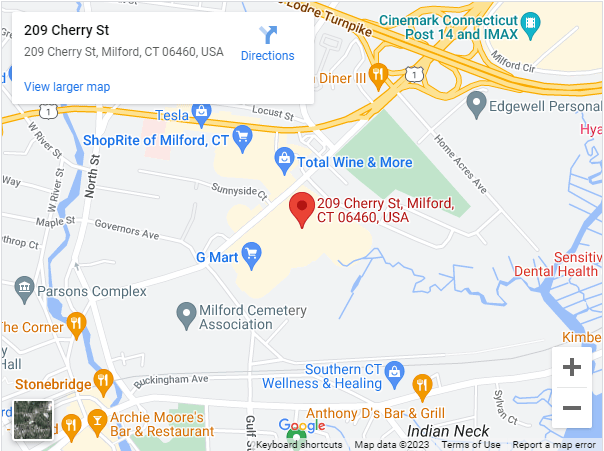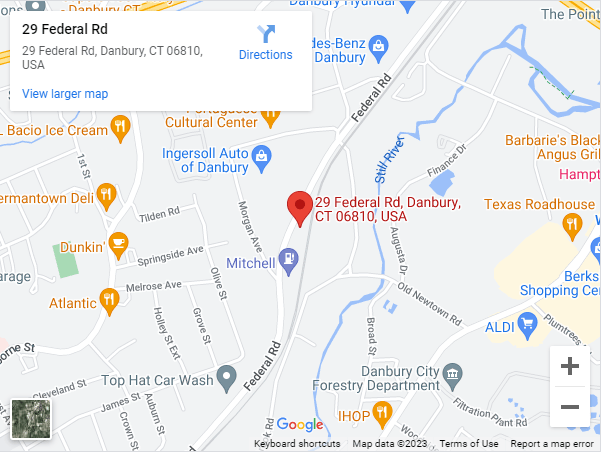Speech and Language Therapy
We support communication needs with dedication and passion
Fluent Speech, Improved Articulation, Enhanced Language Skills
Some children experience communication challenges such as having difficulty in understanding what is said to them, learning to talk, or talking clearly. These speech & language disorders, along with many other speech disorders can negatively impact a child’s social life and academic performance. A speech-language pathologist’s goal is to help clients develop the most effective and efficient language and communication skills.
Communication skills include the range of verbal and preverbal skills your child uses to connect with others. These skills can come in many forms including spoken language, written language, and alternative and augmentative communication. our speech-language pathologists work with caregivers and other professionals to support your child's communication journey across these areas.
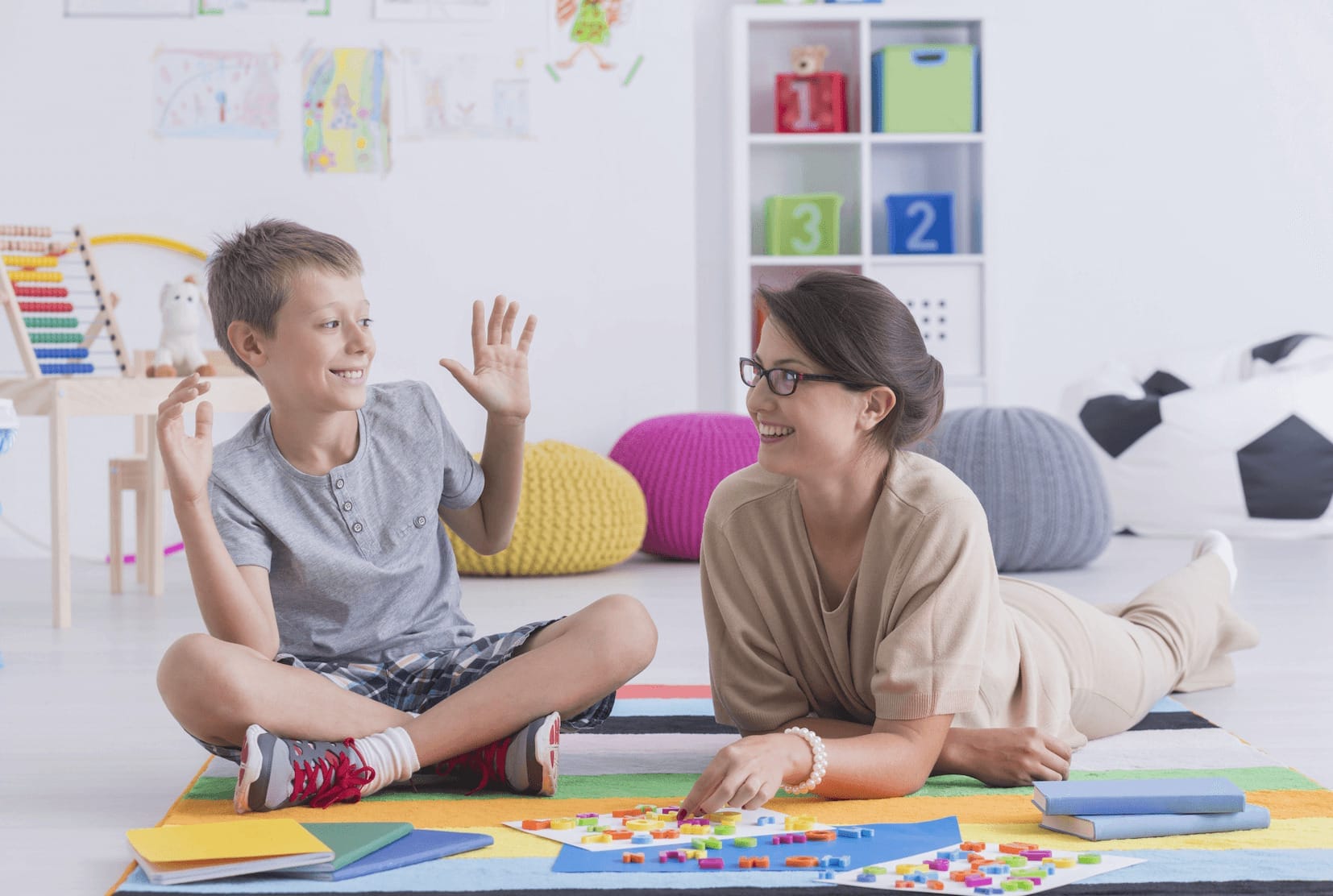
The goals of Speech and Language Therapy at Kidsense are as follows:
Helping our clients and caregivers find the most effective communication skills
Supporting language so that they can reach their developmental milestones
Improving speech production skills so that our clients are able to communicate clearly
Increasing self-esteem and independence across communication domains
Helping children develop the communication and social skills needed to make and maintain friendships
Speech and Language Therapy for a Variety of Conditions
At KidSense, we offer speech and language therapy for the following:
- Early Language Delays
- Receptive & Expressive Language Disorders
- Pragmatic/Social Language Disorders
- Literacy/Written Language Disorders
- Articulation/Phonological Disorders
- Apraxia of Speech
- Stuttering
- Orofacial Myofunctional Disorders
- Cleft & Craniofacial Disorders
- Voice & Resonance Disorders
- Hearing Impairments
- Selective Mutism
- Executive Functioning Difficulties
Signs your Child Should See a Speech-Language Pathologist
Your child would benefit from speech therapy if they are experiencing any of the following:
Speech Disorders
- Articulation Disorders: Articulation disorders are difficulties producing speech sounds correctly. While some of these are developmental in nature, it is important your child’s speech be evaluated if you have concerns with their articulation skills as these can result in difficulty being understood as well as with reading & spelling in early school years if untreated.
- Fluency Disorders: These include stuttering, in which the flow of speech is disrupted by stops, partial or whole word repetitions, or prolonging sounds and syllables.
- Resonance or voice disorders: Resonance or voice disorders are issues with the pitch, volume, or quality of a person's voice that causes the listeners to lose focus on what is being spoken. Such children often seem to lose their voice or often have a raspy voice.
Language Disorders
There are two types of language disorders: receptive and expressive. However, these are intertwined and often co-exist.
- Receptive Language Disorders: Receptive disorders encompass concerns with language comprehension and processing. Such children have difficulty following directions, answering questions, or forgetting what they were asked to do. Receptive language disorders can be root causes of learning disabilities, and noticed when children do not seem to be learning as efficiently as their peers.
- Expressive Language Disorders : A limited oral vocabulary, difficulty following grammatical rules, or difficulty combining words to communicate wants, needs, or ideas are all examples of expressive language disorders. Children experiencing these concerns may become frustrated when attempting to speak, have difficulty organizing their thoughts, generating spoken/written stories, and have difficulty retelling personal experiences, or information they learned.
Why Choose Kidsense (Milford and Danbury, CT) for Speech and Language Therapy?
We help you find your voice.
We create engaging therapeutic experiences that help children develop communication skills to use every day.
- Holistic Treatment: From a child's first words through their capacity to communicate and connect with others, our speech-language pathologists provide therapy programs for all aspects of communication. We emphasize the integration of movement and client-led activities to foster language development.
- Customized Treatment Plan: Our treatment plans are tailored to each client and are designed to target relevant and meaningful goals that can be implemented at home and throughout therapy sessions. Working with children and families, our speech and language pathologists have created novel and successful techniques that support client needs.
- Experience: With 10+ years of clinical experience, the speech-language pathologists at Kidsense Therapy Group are well known for client-focused therapy, effectiveness, and teamwork. Children who receive speech therapy at Kidsense often show higher levels of progress as compared to the children in similar settings throughout Connecticut.
- Certified Speech and Language Therapists: All therapists have passed national qualifying exams, are board certified, and are well-known for providing high-quality speech therapy. They are frequently invited to present their methods at local and regional conferences and workshops.
Two Well-Equipped Clinic Locations: Services are delivered in a client-friendly setting at our centers. Each therapeutic and learning space is equipped with cutting-edge materials and technology.
What is involved in the Speech and Language Therapy Evaluation?
Dynamic assessment and goal setting in a friendly environment
The evaluation process begins with a review of background and developmental information provided by caregivers, followed by a caregiver interview. Both of these are vital to the planning and tailoring of the evaluation session. Our therapists utilize their clinical judgment as well as dynamic assessment and observation methods to determine your child’s strengths and areas of need. Following the initial evaluation, a report including the evaluation findings and recommendations for treatment will be provided.
Speech and Language Therapy Treatment
We Offer Comprehensive Client Care through Research- Based Intervention Techniques
- Articulation and fluency exercises
- Receptive & expressive language practice
- Literacy/Written Language exercises
- Alternative & augmentative communication (AAC)
- Oral myofunctional therapy
- Aural rehabilitation
- PROMPT
- Social Cognitive therapy
- Executive Functioning coaching
- Caregiver education
- Interdisciplinary collaboration
External Speech and Language Therapy Resources for Families, Parents and Caregivers
Resources do not supplement an evaluation and treatment plan created by a licensed therapist and should be used for informational purposes only.
American Speech-Language-Hearing Association
https://www.asha.org/public
Resources to help you understand communication and communication disorders.
The Prompt Institute
https://promptinstitute.com/
The PROMPT Institute is dedicated to the investigation of tactual sensory systems and their critical role in the development/rehabilitation of speech, language, cognition and interaction.
Pathways
https://pathways.org
Free resources to help understand, track, and encourage your baby’s milestones for the best possible outcomes.
Apraxia Kids
https://www.apraxia-kids.org
National resource for helping kids find their voice while coping with CAS (a motor speech disorder that makes it difficult for children to speak).
The Stuttering Foundation
https://www.stutteringhelp.org
Free online resources, services and support to those who stutter and their families, as well as support for research into the causes of stuttering.
CDC’s Developmental Milestones
https://www.cdc.gov/ncbddd/actearly/milestones/index.html
Skills such as taking a first step, smiling for the first time, and waving “bye-bye” are called developmental milestones. Children reach milestones in how they play, learn, speak, act, and move (crawling, walking, etc.). This page provides a milestone guide based on age.
Frequently Asked Questions
How do I know if my child needs this service?
If you are having concerns about your child's language development (how they are communicating and/or understanding language around them) a speech and language evaluation may be indicated to determine your child's current communication skills and how these compare with same-aged peers. As parents and caregivers, we encourage you to 'trust your gut' rather than wait and see as early intervention is a key contributor to progress. A speech and language evaluation may also be needed if your child's speech is hard to understand, or if they are presenting with voice difficulties such as reduced loudness, hoarse/scratchy voice, dysfluent speech, or stuttering behaviors. Children with literacy concerns (reading and writing) can also be supported by an SLP as these are language-based learning disabilities.
What does your Evaluation Process look like?
After a phone intake is complete, documents are sent to the client/family to complete the case history. This assists the evaluating therapists in gathering background information and planning the evaluation. If the client has had recent evaluations (6-12 months), we recommend those evaluations be shared to gather additional details. Upon arrival at KidSense, the client proceeds to the evaluation session where dynamic measures may be used to evaluate the areas of need. Based on client/family needs, a brief recap of the preliminary findings are shared, however, the therapist or family may elect to set up an additional time to review results and recommendations.
What’s your treatment approach for this service?
In speech and language therapy, there are many treatment approaches that can be taken. While the treatment approach depends on the client & family along with what best fits their needs, at Kidsense we are driven by the value of play and client-led approach, while utilizing research-based approaches to achieve optimal outcomes. Treatment approaches may vary from session to session based on the client's needs.
Which “Collaborative Therapy Services” do you offer in conjunction with this service?
Aside from working as a team to best support your child with the in-house services we offer, we often collaborate with home and school-based teams, pediatricians, and specialists to meet our client's goals and address areas of need.
My family speaks more than one language. Will this cause a language delay?
Bilingual or multilingual children are at no greater risk for language delays than monolingual speakers. In fact, children who speak more than one language are found to have higher language skills when compared to other children. Your child may code mix or code switch between languages, however this is appropriate. Should you have concerns regarding your child’s language acquisition in both languages it is recommended you seek an evaluation from a therapist trained to assess in both languages, or with the use of an interpreter to accurately assess your child’s language development.
What is a speech sound or articulation disorder?
It is difficult to produce speech sounds (usually consonants, but sometimes vowels) beyond the age when a person is expected to have learned the sound productions. Common errors include (1) omissions (e.g., “poon” for spoon); (2) substitutions (e.g., “food” for good); and (3) distortions (production of sounds like, but not exactly like the intended sounds). Less common is the addition error (e.g., “buhlack” for black).
What causes a speech sound disorder?
The exact causes are difficult to determine. Speech sounds errors may be the result of faulty learning of the sounds. They may also be the result of physical problems such as hearing loss, neurological conditions, diseases, and developmental delays.
Can adults with speech sound disorders be helped?
Most speech sound difficulties can be helped regardless of age, but the longer the incorrect productions persist, the harder it is to change or correct. For this reason, early intervention is especially important.
Is it important to treat speech and language delays?
A child’s overall speech & language may improve as they mature, but direct treatment with skilled therapy is proven to maximize outcomes. Without intervention, speech and language delays may have a significant impact on social and emotional development, learning to read and write, and/or vocational status. The ability to communicate in daily life is key for accessing daily needs, building relationships, and learning and skilled intervention is key for closing gaps in skills and helping children to stay on track with development.
Who can help?
A speech-language pathologist (SLP) certified by the American Speech-Language-Hearing Association ( ASHA: www.asha.org ) is integral to speech therapy. They undergo extensive education & training in preparation to work with individuals with a range of communication needs. In addition, they are required to undergo rigorous amounts of continuing education to ensure they are up to date with best practices in the field.
